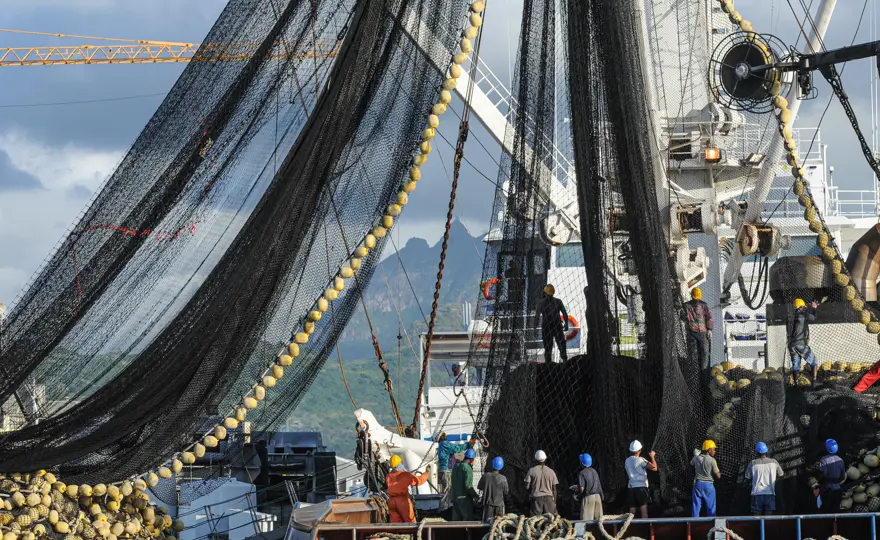
Flaminia Tacconi
19th November 2020


The fishing industry, like many sectors, provides essential services that help guarantee our wellbeing. To ensure these sectors continue to deliver, the EU helps fund them, so that jobs stay secure and we continue to have food on our plates.
For the fishing sector, these subsidies are supposed to help ensure EU fisheries thrive and are environmentally sustainable.
But there can be downsides to this funding. Beyond keeping fisheries afloat, studies have found a clear link between subsidies granted to the fishing industry and overfishing.
These ‘harmful subsidies’ artificially increase fisheries’ profits by either reducing the cost of fishing or by increasing fishers’ revenue (or both) – causing overcapacity and overfishing.
But which subsidies are causing the problem – and how can we stop it?
Subsidies aren’t always cash injections – there are other ways of giving financial benefit to an industry. For example, removing taxes on fuel consumption is a form of harmful subsidy as it disproportionately benefits actors in the fishing industry that consume more fuel, particularly large-scale fishers and super-trawlers. These fishing vessels also usually use the most environmentally destructive fishing practices. It means that the problems of harmful subsidies are exacerbated by these vessels’ power, speed and greater ability to catch fish using destructive techniques.
In the EU, where fish stocks are not at sustainable levels, that means these fuel tax exemptions can contribute to overfishing.
By reducing fishing costs, fuel subsidies also contribute to keeping certain actors in the sector, which heavily depend on fuel, but would otherwise not be competitive without these exemptions, such as large-scale fleets. Instead, support should be given to artisanal fishers to help them survive as they are key to maintaining coastal communities, but are often most affected by volatility in the sector.
With the emergence of the climate and nature crises and the commitments made at both European and international level to address these disasters, continuing to subsidise fuel to the detriment of fish stocks no longer makes sense.
The European Green Deal sets out a new vision and objective for the EU by aiming to achieve climate neutrality by 2050. One way the EU plans to achieve this goal is by eliminating fossil fuel subsidies.
According to our experts, that means that to reach the EU’s climate objectives, fuel exemptions in the fisheries sector should be eliminated through the revision of the Energy Taxation Directive (ETD) – a public consultation we participated in.
At the global level, the United Nations’ Sustainable Development Goals also call for a ban on harmful fisheries subsidies by 2020, while we argue that fuel exemptions should be addressed in the framework of the World Trade Organisation negotiations on eliminating harmful fisheries subsidies.
If fish stocks continue to be overfished and our destruction of the marine environment persists, funnelling EU funds will do nothing to change the economic and environmental struggles the fisheries sector faces – it will do the opposite. The more funds the sector receives, the more fishing capacity is kept alive, which exacerbates overfishing. As long as sustainable fishing practices are not in place, the fisheries sector will always struggle because the resource that underpins their economic activity is pushed to the brink.
To achieve environmental sustainability in EU fisheries, fuel exemptions should not only be eliminated, but more broadly, financial support should instead be redirected to help better control fisheries or data collection. Alternatively, money should go to small-scale, low-impact fishers in Europe, who are vital to ensuring the health of EU coastal areas and yet the most vulnerable to instability in the sector.
To avoid future socioeconomic and environmental disasters, it is time to turn ambitious commitments on climate and nature into action and eliminate fuel exemptions in the fisheries sector once and for all. This will guarantee a sustainable future that benefits fishers, the environment and those that depend on the services they provide.
Read our full position on fuel subsidies in the fisheries sector